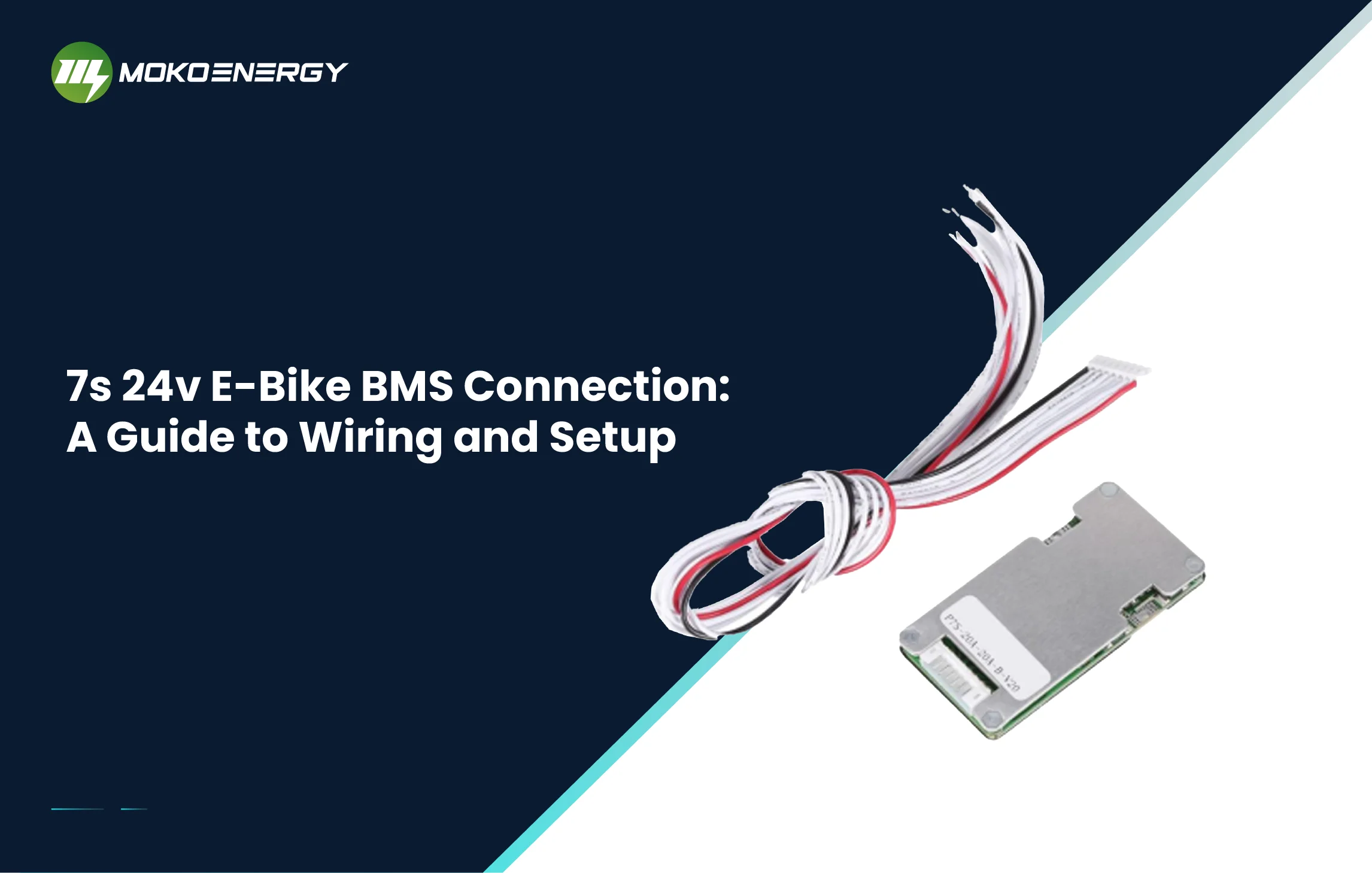Battery systems are used in all areas of our lives, from smartphones to electric vehicles and a variety of devices in renewable energy systems. All of these devices require batteries. Therefore effective monitoring and management of batteries becomes even more important. In the battery management system, the lithium battery monitor is a key part that is often used. It effectively optimizes battery performance and ensures that the battery can operate safely. Today let’s discuss what a lithium battery monitor is and its function and operation principle.
What is a Lithium Battery Monitor?
A lithium battery monitor is a sophisticated device designed to gather and display vital information about a lithium battery system’s performance and status. In addition to providing the state of charge like traditional battery monitor unit BMU, it surpasses those capabilities by offering real-time data, including battery voltage, power consumption, estimated remaining operating time, current consumption, battery temperature, and more. This comprehensive data allows users to make informed decisions about battery usage, optimize power consumption, and maintain the health of the battery system.
2 Types of Lithium Battery Monitors
Lithium battery monitors come in two primary types: voltage-based monitors and shunt-based monitors.
Voltage-Based Monitor
This type of lithium battery meter estimates the battery’s charging status by measuring real-time voltage. However, its accuracy is limited as voltage fluctuations occur due to environmental conditions and temperature changes. Consequently, the readings may not always reflect the actual state of the battery.
Shunt-Based Monitor
In contrast to the battery voltage monitor, delivers more precise readings by directly measuring the energy flowing into and out of the battery. It necessitates the installation of a shunt on the negative side of the battery terminal, enabling precise real-time measurements of voltage and current consumption.
Lithium Battery Monitor vs. Battery Management System (BMS)
A lithium battery monitor and a Battery Management System (BMS) are both crucial components in a battery system, but they serve different purposes.
Lithium Battery Monitor: The lithium battery monitor is a component of the battery management system, primarily focused on providing real-time data to the user. It helps in optimizing battery usage and power management and facilitates better decision-making regarding battery usage and charging.
Battery Management System (BMS): On the other hand, the BMS is a comprehensive battery control system that ensures the safe and efficient operation of the entire battery pack. It is responsible for protection against overcharging, over-discharging, and excessive currents, as well as cell balancing and temperature monitoring. The BMS operates autonomously, safeguarding the battery cells and optimizing their performance without requiring direct user intervention.
| Aspect | Lithium Battery Monitor | Battery Management System (BMS) |
| Role | Provides real-time data and insights to the user for better power management | Ensures safe and efficient operation of the entire battery pack |
| Focus | User-centric, facilitating informed decision-making | Battery-centric, optimizing battery performance and safety |
| Functions | Offers battery voltage, power consumption, estimated remaining operating time, and more | Protects against overcharging, over-discharging, and excessive currents; performs cell balancing and temperature monitoring |
| User Intervention | Requires user interaction to optimize battery usage | Operates autonomously without direct user intervention |
| Impact on Battery | Enhances battery performance through user optimization | Ensures battery safety and longevity through autonomous management |
The Importance of a Lithium Battery Monitor
There are several compelling reasons why a lithium battery monitor is indispensable:
Real-Time Battery Performance
It offers instant insights into the battery’s state, including voltage, temperature, and remaining power. This information empowers users to optimize battery usage and plan power-dependent activities efficiently.
Battery Maintenance
By analyzing historical data provided by the lithium battery gauge, users can identify trends in voltage, power consumption, and temperature. This data aids in optimizing battery usage and charging, prolonging battery life and performance.
Power Management and Efficiency
A lithium battery monitor assists users in making informed decisions about when to switch between different power sources, such as switching an RV refrigerator from battery power to propane and optimizing power usage during various activities.

Applications of Lithium Battery monitoring system
Lithium battery monitors are extensively utilized across diverse industries and settings:
Electric Vehicles (EVs): Lithium battery monitors are essential in electric vehicles to provide real-time data on battery performance, helping drivers plan their journeys efficiently and maximize the vehicle’s range.
Renewable Energy Systems: In off-grid or hybrid renewable energy systems, a lithium battery monitor system enables users to monitor and manage the energy stored in batteries efficiently, optimizing energy usage and ensuring continuous power supply.
Telecommunications: A lithium battery monitor for remote telecom towers or communication stations ensures reliable power backup and helps monitor battery health, ensuring uninterrupted communication services.
Marine and RV Applications: In marine vessels and recreational vehicles, lithium battery monitors help users manage battery power, especially during extended trips, enhancing the overall user experience.

Mokoenergy’s Battery Management System (BMS)
As a leader in battery management solutions, MOKOEnergy offers cutting-edge Battery Management Systems (BMS) that complement lithium battery monitoring systems. Mokoenergy’s BMS serves as an all-encompassing battery management unit and battery control unit BCU, guaranteeing the safety, efficiency, and peak performance of lithium battery packs. With advanced protection features, cell balancing capabilities, and temperature monitoring, Mokoenergy’s BMS takes care of individual battery optimization, enhancing battery lifespan and reliability. Combined with a lithium battery monitor, Mokoenergy’s BMS provides a complete battery management solution for various applications.
Conclusion
The battery lithium monitor is a critical component in modern battery systems, providing real-time data and insights to optimize battery usage and power management. While it complements the role of a Battery Management System (BMS), the lithium battery monitor plays a user-centric role, enabling informed decision-making and efficient power management. Its wide-ranging applications across various industries highlight its significance in modern-day energy storage solutions and energy management solutions. With the support of Mokoenergy’s advanced BMS, users can benefit from a comprehensive battery management system that ensures the safety, efficiency, and reliability of lithium battery packs in diverse applications. Whether it’s in electric vehicles, renewable energy systems, telecommunications, or marine and RV applications, a lithium battery system monitor plays a vital role in maximizing battery performance and enhancing overall user experience. Contact us if you’re in need of anything about battery management solutions!






